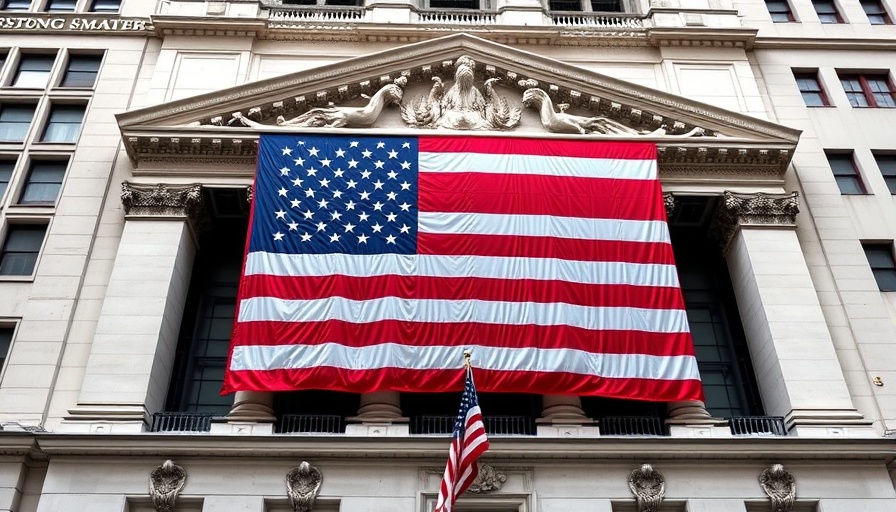
Market Reaction to Tariff Threats: What’s at Stake?
Wall Street was caught off guard when President Donald Trump hinted at imposing tariffs as high as 70% on several countries. With U.S. markets closed for the July 4 holiday, futures tied to the Dow Jones Industrial Average plummeted by 251 points (0.56%). Analysts typical of previous market behavior expected an extension of the current tariff pause, leading many to label this anticipated day as a potential "TACO Tuesday"—a term reflecting hopes for new trade agreements amidst earlier threats.
The Path to Tariff Imposition: A History of Uncertainty
The uncertainty surrounding Trump's tariff announcements isn’t new. Earlier this year, the so-called "Liberation Day" tariffs sent the market into a tailspin, prompting fears of retaliation from trade partners. The immediate reactions seen during the last tariff threats suggest that the market is feeling the pressure of past volatility. As the July 9 deadline for the tariff pause approaches, U.S. trade relations with key partners are in a precarious position.
The Broader Economic Implications
Rising tariffs can have profound impacts not just on stock markets but on local economies and small businesses. For instance, startups heavily reliant on imported materials may find their operational costs skyrocketing, pushing them to reconsider their supply chain strategies. On the flip side, businesses in sectors like tech may experience surge in opportunities as domestic production gets bolstered.
Balancing Trade Relations and Market Stability
As policymakers and analysts await Trump's forthcoming letters detailing tariff rates, there are two key questions looming: Will negotiations be prioritized over unilateral movements, and how will markets react to potential risks? If major players are singled out for tariffs, sectors already facing supply chain disruptions may find themselves further hampered, underscoring the need for strategic agility among Bay Area businesses.
Looking Ahead: Predictions for the Future
Analysts at Capital Economics predict that while last-minute concessions to extend the pause are possible, the risk of increased tariffs could lead to market turbulence in the near-term. Businesses must remain vigilant and ready to adapt quickly to these evolving economic landscapes. As entrepreneurs strategize their next moves amidst these headwinds, staying informed on international trade dynamics will be essential.
 Add Row
Add Row  Add
Add 



Write A Comment